How to Follow a Ketogenic Diet for Weight Loss
If you’ve searched online for information around weight loss, I’m sure you’ve run into articles about ketosis. Does ketosis really help promote weight loss? Is this type of eating plan safe for everyone? Read below to learn more about the ketogenic diet, ketosis, and to see if this type of eating plan may be right for you on your weight loss journey.
What is ketosis?
Ketosis occurs when a person is fasting, consumes very little carbohydrates in their diet, is suffering from starvation, is involved in intense exercise, or has untreated type 1 diabetes (1). The process of ketosis involves the production of ketones in the body. Ketones are water-soluble molecules that the liver produces when blood glucose and liver glycogen, or carbohydrate stores, are no longer available (2).
The ketogenic diet, which is very low carbohydrate, high-fat, and moderate protein, claims to use ketosis as its basis for weight loss effectiveness (2). It typically includes:
- 70 to 80-percent calories from fat
- 5-10-percent of calories from carbohydrates
- 10-20-percent calories from protein
This comes out to around 20 to 50 grams of carbohydrate per day for most people.
It’s important to note that ketosis is different from ketoacidosis, which is when excessive ketones can cause harmful levels of acid in the blood (2,3). This most likely occurs in people with type 1 diabetes, which are those people whose bodies do not produce insulin (3). Insulin is a hormone that would prevent the body from overproducing ketones (2,3).
Can ketosis help with weight loss?
Experts suggest that ketosis can lead to weight loss since it converts the body’s major fuel source from glucose to fat (4). In turn, the body burns fat more often and can also help reduce hunger pangs. Not to mention that ketosis can help those with type 2 diabetes improve their insulin sensitivity (1).
However, it’s important to note that high-quality research studies show that the ketogenic is just as effective as low-fat diets at promoting weight loss (5). More research needs to be done on the effects of ketogenic diets past 12 to 24 months in regard to its long-term effectiveness on weight loss.
Is the ketogenic diet safe?
The ketogenic is safe for most people to try except for people who (6,7):
- have fat malabsorption issues such as those with gallbladder, liver, or pancreas conditions that make it hard for the body to digest fat
- have kidney conditions
- follow a plant-based only diet since it can significantly restrict nutrient intake
- have had bariatric surgery since they will have trouble tolerating fatty foods
- those with a risk of or history of disordered eating since it can trigger restrictive behaviors
- pregnant women
- those with heart disease history since they should not be consuming too much fat in their diet
If you are interested in starting the ketogenic diet, you should speak with your doctor first to see if it’s right for you and any recent health conditions you may have.
What are the common nutrition deficiencies and how to best supplement?
If you do decide to follow a ketogenic diet, then you should remember to supplement in some way to ensure your body is getting the nutrients it needs daily. Common nutrient deficiencies of those on the ketogenic diet include (8):
- potassium
- magnesium
- folate
- vitamin C
These nutrients which are limited in a ketogenic diet are found in good amounts in fruits and vegetables, which are limited on such an eating regimen (8). Therefore, you should take a multivitamin and/or supplements of such nutrients daily while following a ketogenic diet.
How to Follow a Ketogenic Diet to Lose Weight
In less than 30 days you can easily see results after following a ketogenic diet.
In the first 5 days, be very diligent as you will need to push your body into ketosis and you may also experience keto symptoms. We recommend that you look at the total carbohydrates, different from other community groups that may recommend to look at the net amount. There is less than 5% of your total carbohydrates that are actually contained within fiber when food is traveling through your GI system. For this reason, we recommend to look at the total carbohydrate intake on a daily basis. In this first 5 days, your goal is less than 30g of total carbohydrates/day.
In the next 15 days, depending on your gender and active lifestyle, you may continue to engage in consuming 30g total carbohydrates daily and up to 40-45g at the highest. For example, if you are a male 6 ft 2" in your 30's, and moderately active, an intake of 45g/day will not affect your state of ketosis. This is a guideline and we suggest to seek out expert advise as needed. Another factor important in the first 2 weeks is to keep a moderate amount of protein and avoid increasing too much as too much protein can also affect your stat of ketosis. Avoid liquid protein as much as possible to prevent this and this is the time to look at vegetable recipes. Vegetables at this stage and long term will be the group of foods that will offer the best quality of low dense carbohydrates as well as the highest amount of fiber, and promotes an alkaline body.
From the 3rd week and as long as you wish, you can certainly maintain ketosis for ongoing weight loss. At this stage you most likely noticed 10-15# weight loss. Keep up your motivation and find short term goals that will help you be consistent with your eating regimen.
Bottom line
The ketogenic diet can help those who want to lose weight and/or control their blood glucose levels. However, just like any eating plan, not every eating plan is right for everyone. If you do decide to follow the ketogenic diet, be sure to supplement with the proper nutrients through food and vitamins so you can enjoy optimal health.
Author:
Annie Epp, RD
References:
- Gershuni, MD, MSGM, V.M., Yan, MD, S.L., and Medici, MD, V. (September 2018) “Nutritional Ketosis for Weight Management and Reversal of Metabolic Syndrome.” Curr Nutr Rep, 7(3): 97-106.
- Harvard T.H. Chan School of Public Health (accessed February 2, 2021) “Diet Review: Ketogenic Diet for Weight Loss.” https://www.hsph.harvard.edu/nutritionsource/healthy-weight/diet-reviews/ketogenic-diet/
- Mayo Clinic (November 11, 2020) “Diabetic ketoacidosis.” https://www.mayoclinic.org/diseases-conditions/diabetic-ketoacidosis/symptoms-causes/syc-20371551#:~:text=Diabetic%20ketoacidosis%20is%20a%20serious,can't%20produce%20enough%20insulin.
- Amidor, MS, RD, CDN, T. (September 2017) “Ask the Expert: Ketosis for Weight Loss.” Today’s Dietitian, 19(9): 12. https://www.todaysdietitian.com/newarchives/0917p12.shtml
- Ting, R., Dugre, PharmD, MSc, N., Allan, MD, CCFP, G.M., and Lindbald, ACPR, PharmD, A.J. (December 2018) “Ketogenic diet for weight loss.” Can Fam Physician, 64(12): 906.
- Cleveland Clinic health essentials (January 22, 2018) “What 30 Days on the Keto Diet Feels Like.” https://health.clevelandclinic.org/weight-loss-what-30-days-on-the-keto-diet-felt-like/
- Gordon, RDN, LD, B. (published May 15, 2019) “What is the Ketogenic Diet?” https://www.eatright.org/health/weight-loss/fad-diets/what-is-the-ketogenic-diet
- Cordain, Loren. (2018). “Nutritional Deficiencies of Ketogenic Diets.” 10.13140/RG.2.2.19094.19526.






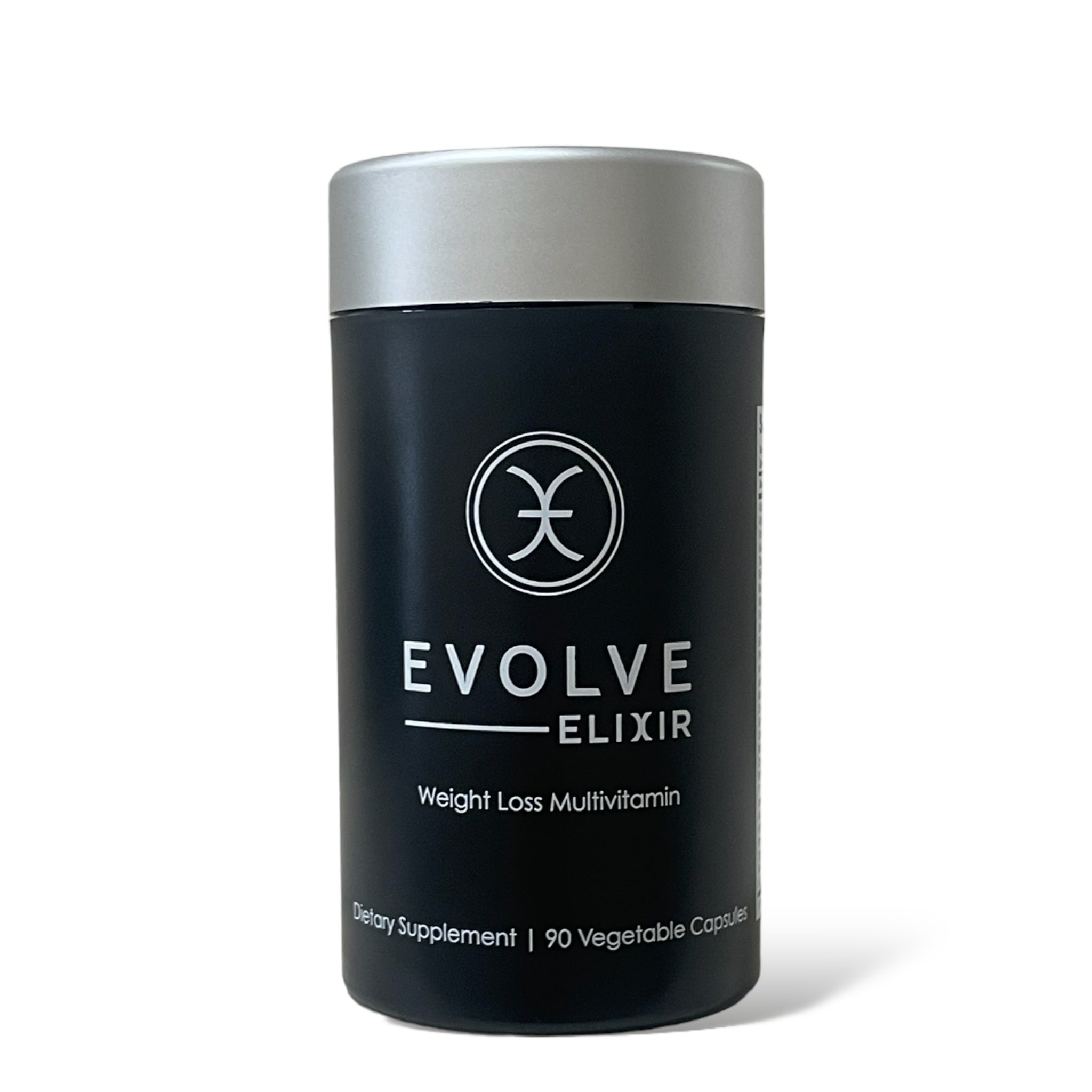
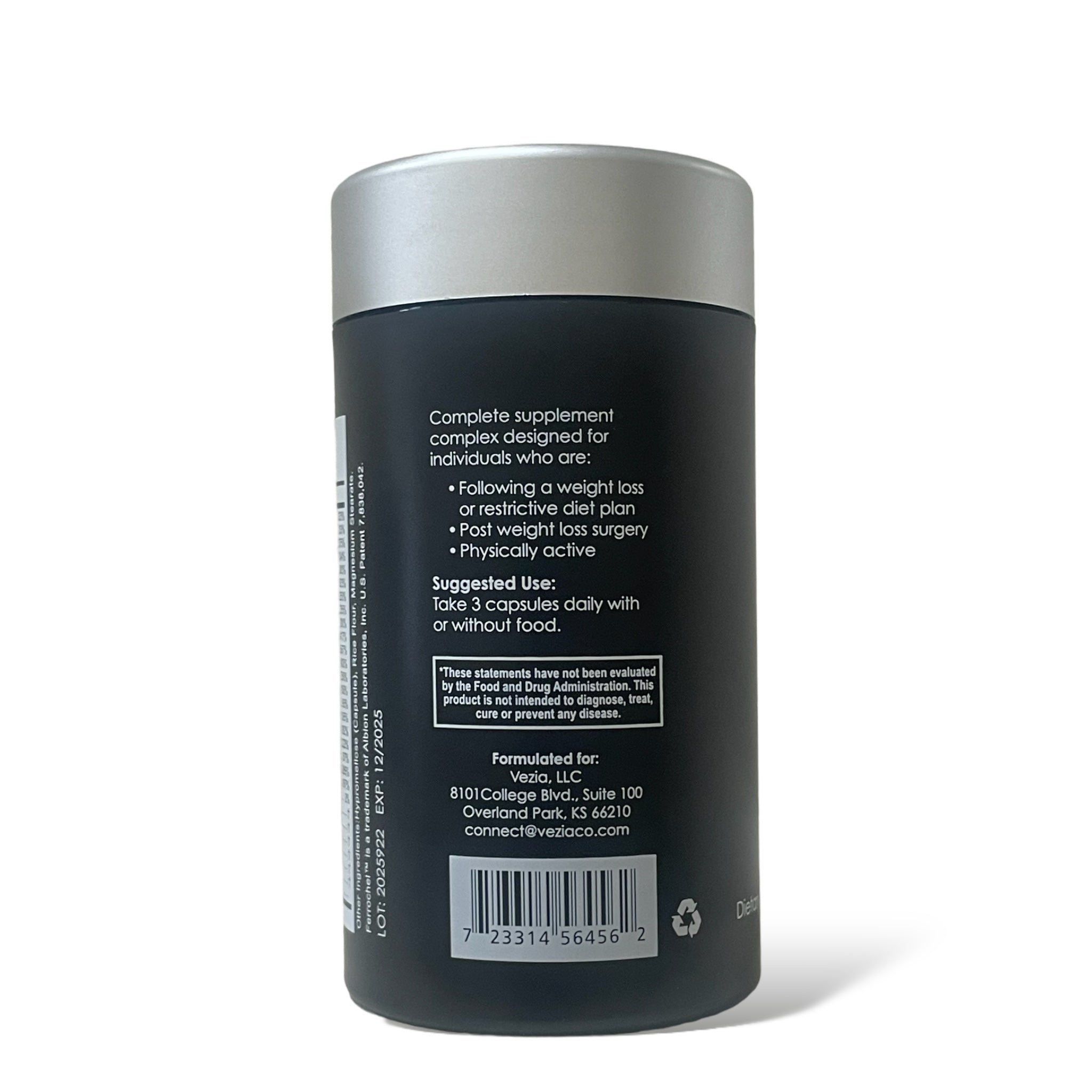
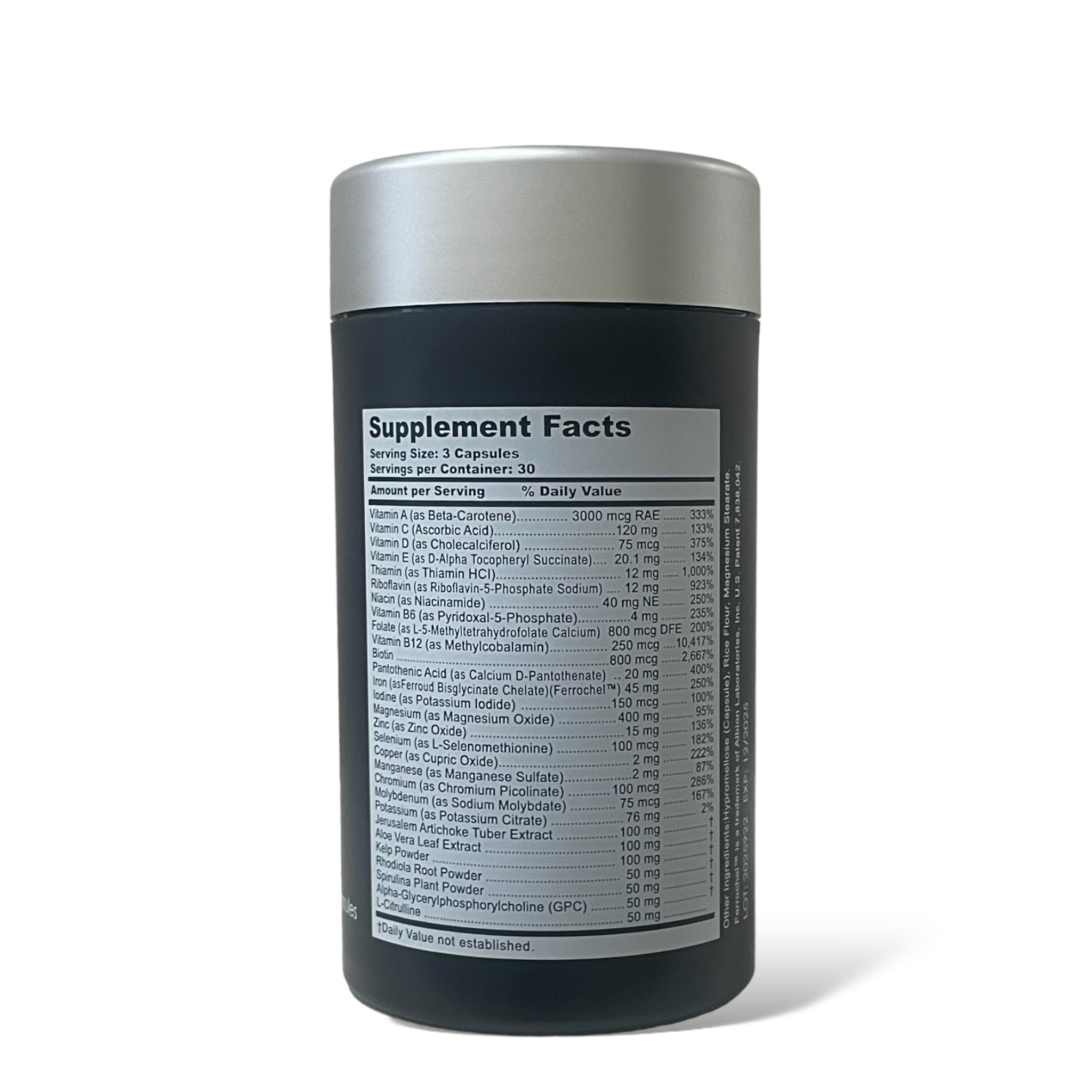
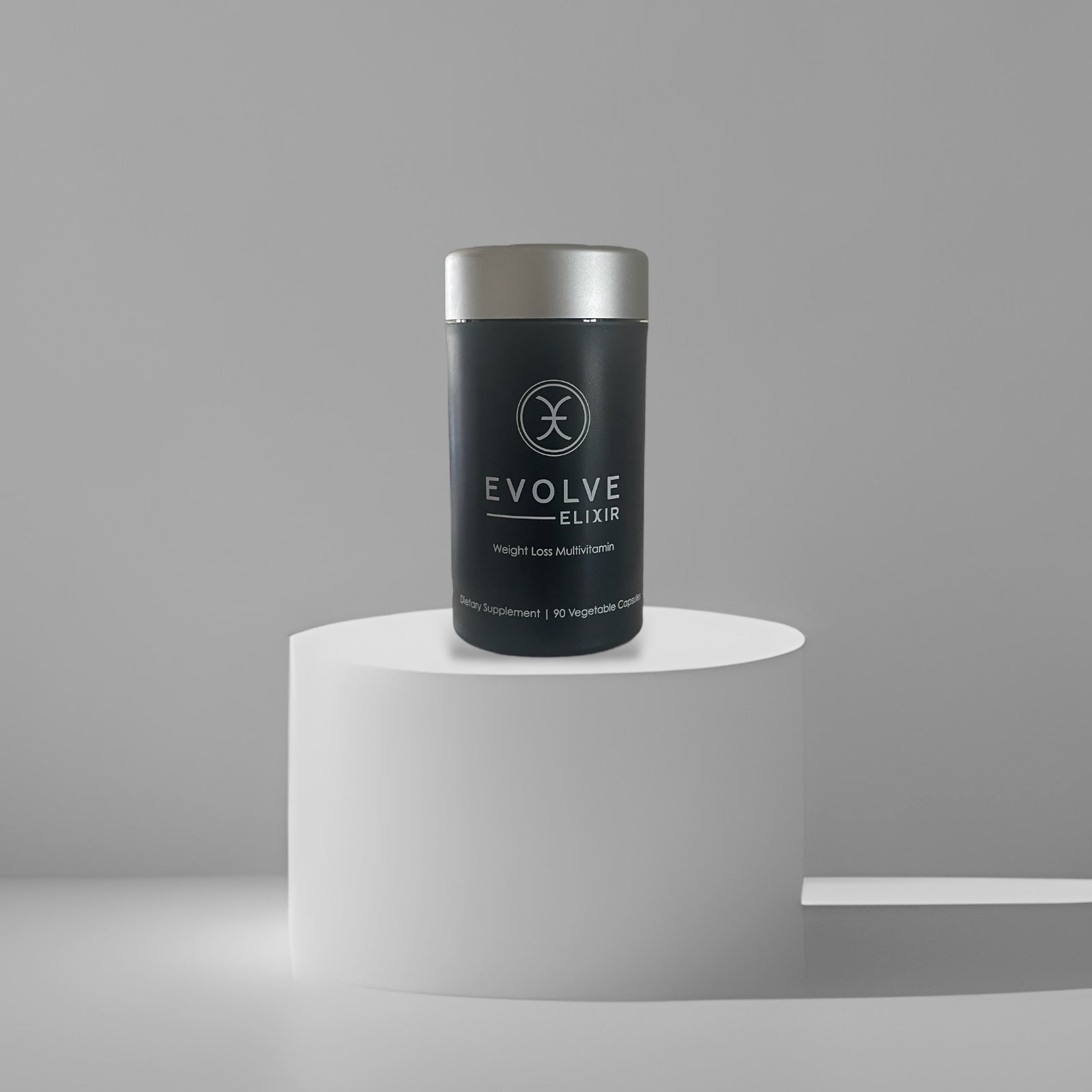
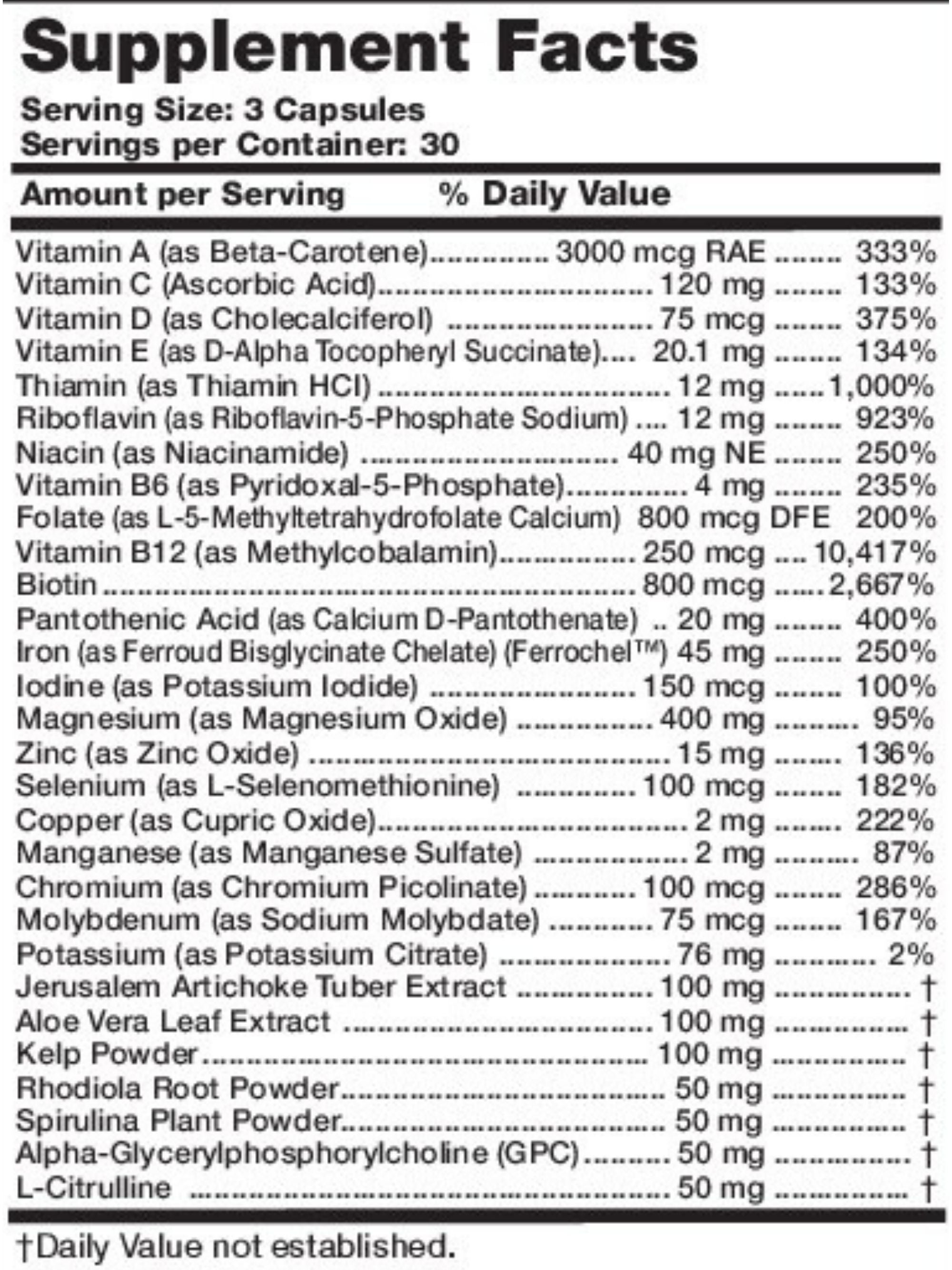
Leave a comment
This site is protected by hCaptcha and the hCaptcha Privacy Policy and Terms of Service apply.